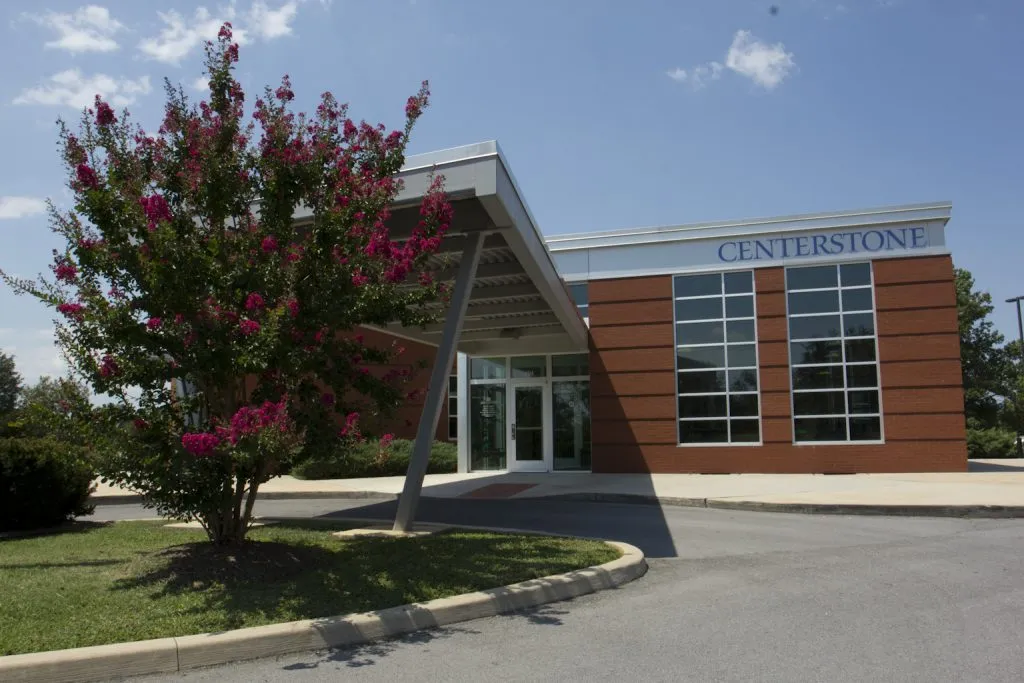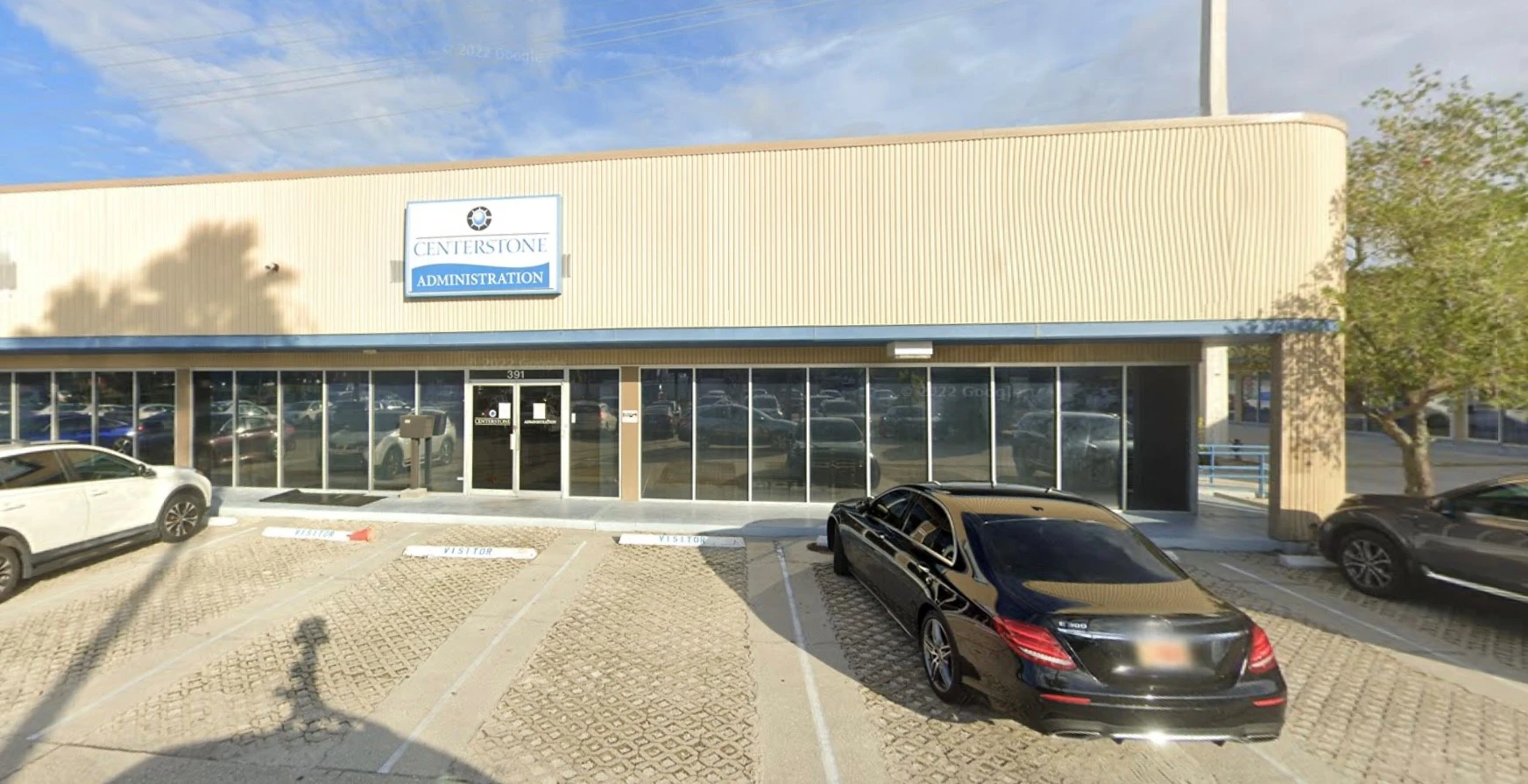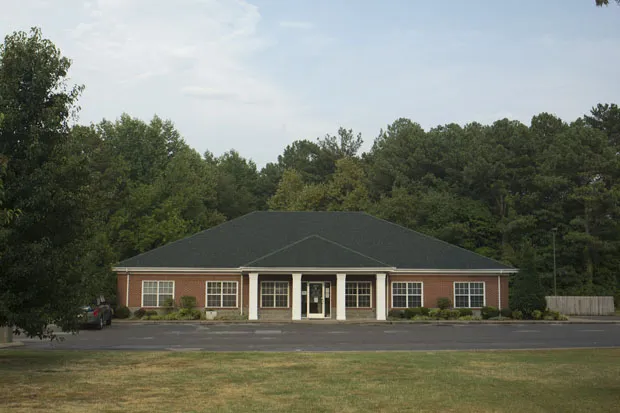Centerstone, a healthcare provider with a national presence and numerous locations, maintains a comprehensive facility in Lewisburg, Tennessee. This facility provides a variety of services that are intended to meet the physical and mental health requirements of the community. Outpatient counseling is one of its primary services, which provides personalized care to assist individuals in addressing emotional, behavioral, and psychological challenges.
This location is distinguished by its Children and Family Program, which provides essential services such as parenting classes, early childhood intervention, and individual and family counseling, in addition to outpatient counseling. These services are designed to cultivate healthy family relationships, assist in the development of children, and offer parents assistance in the creation of nurturing environments for their children.
The facility also offers psychiatric care, which includes medication management, to ensure that individuals receive the necessary medical support to effectively manage their mental health conditions. Additionally, primary care services are accessible, which facilitates an integrated healthcare approach by integrating the treatment of both mental and physical health in a single location.
Centerstone's Lewisburg facility is dedicated to providing comprehensive, high-quality care to individuals and families throughout the region, and it does so by providing a wide range of services.
Centerstone Information
Treatment
Who We Treat
- Children
- Teens / Adolescents
- Adolescents
- Male and Female
Treatment Focus
- Children
- Licensed Primary Mental Health
- Drug Addiction
Approaches
- Personalized Treatment
- Evidence-Based
- Family Involvement
- Family Therapy
- Group Therapy
- Cognitive Behavioral Therapy (CBT)
- 1-on-1 Counseling
- Medication-Assisted Treatment (MAT)
- Life Skills Training
- Relapse Prevention Counseling
Conditions We Treat
- Depression
- Anxiety
- Bipolar Disorder
- Post Traumatic Stress Disorder (PTSD)
- Obsessive Compulsive Disorder (OCD)
- Trauma
- ADHD/ADD
- Bipolar
- Co-Occurring Disorders
Substances We Treat
- Alcohol
- Prescription Drugs
- Heroin
- Opioids
- Synthetic Stimulants (Bath Salts)
- Synthetic Drugs
Languages
- English
Aftercare
- Discharge Planning
- Relapse Prevention Planning
- Continuing Care
- Support Meetings
Level of Care
- Outpatient
- Aftercare/Continuing Care
Experience
On-Site Amenities
- Air-Conditioned Rooms
Smoking and Vaping Policy
- Smoking Allowed in Designated Areas
- Vaping Not Allowed
Accreditations
-
State mental health department
State mental health department accreditation refers to the process of evaluating and certifying the quality and standards of a state's mental health department, ensuring that it provides high-quality services and meets specific criteria for mental health care. The accreditation process is performed by a third-party organization and helps to improve the overall care and treatment of individuals with mental health conditions.
-
State department of health
Government agencies issue State Licenses, granting rehabilitation organizations permission to operate their businesses lawfully within specific geographic regions. The specific licenses needed for legal operation are typically determined by the type of rehabilitation program offered by the facility and its physical location.

-
Federally Qualified Health Center
Federally Qualified Health Center (FQHC) accreditation is a process of evaluation and recognition by the federal government for community health centers that provide comprehensive and accessible healthcare services to underserved populations. FQHC accreditation is essential for centers to receive federal funding and to ensure that they meet standards for quality, patient-centered care.
Additional Locations
Find the best treatment options. Call our free and confidential helpline today!






